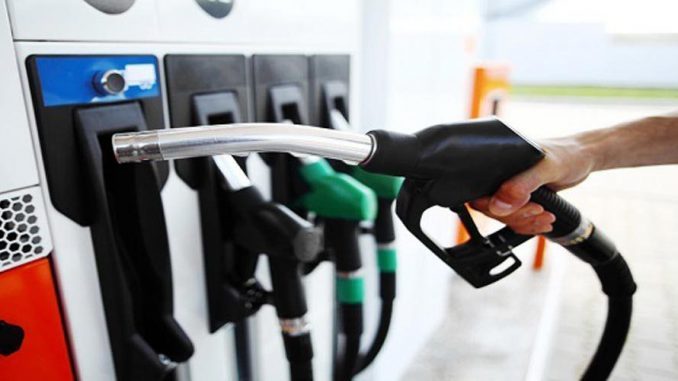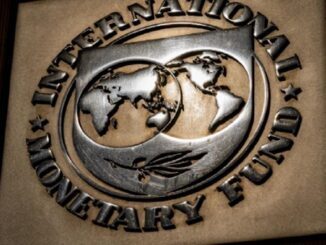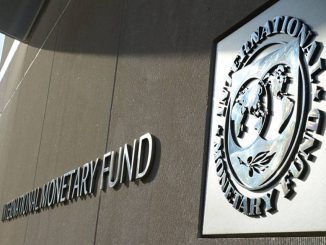
It seems that al-Sisi’s words during his last speech that Egyptians must all suffer to bring a stronger economy will mark the coming phase.
Days after raising electricity bills, Egypt raised gasoline prices by up to 50 percent, the oil ministry said on Saturday, under an IMF reform plan that calls for the slashing of state subsidies on some consumer products.
Oil Minister Tarek El Molla said the price rises will help Egypt save up to 50 billion pounds ($2.8 billion) in allocations for state subsidies in the 2018-19 state budget.
The price hike, the third since Egypt floated the pound currency in November 2016, are expected to add more pressure on Egyptian consumers struggling to make ends meet amid high unemployment and price volatility.
The ministry said that the price for 95 octane gasoline was increased to 7.75 Egyptian pounds a liter from 6.60 pounds; 92 octane was increased to 6.75 pounds a liter from 5 pounds and 80 octane was raised to 5.50 pounds a liter from 3.65 pounds.
The ministry also raised the price for a canister of gas for Egyptian households to 50 pounds from 30, while a bottle of gas for commercial purposes was raised to 100 pounds from 60.
Molla said the price rise will cut the funds allocated for fuel subsidies to 89 billion pounds from 139 billion pounds.
“Moving fuel prices will help reduce petroleum products consumption by about 5 percent,” Molla said.
“We must all suffer and struggle to have a stronger country in the end,” these were al-Sisi’s words during a group Iftar (breaking fast). Al-Sisi said that the country won’t get out of this economic dilemma unless all Egyptians have united to confront the challenges together.
He also urged Egyptians to bear the new challenges of the recent subsidy cuts from the government in a raft of tough economic reforms.
He continued “We, as Egyptians, have to pay the price together, but we are still paying for some of the cheapest prices in the world provided by countries to their citizens, including in energy, fuel and commodity prices.”
Days ago, the price of electricity hiked by an average of 26 percent as part of austerity measures. Earlier this month, Egypt also raised the price of piped drinking water by up to 45 percent.
Halfway into a three-year, $12 billion International Monetary Fund loan program signed in late 2016 which is tied to tough austerity measures, Egypt hopes painful reforms such as tax hikes and subsidy cuts will lure back foreign investors and kickstart an economy that crashed after its 2011 Arab Spring uprising.
IMF First Deputy Managing Director David Lipton told government officials in May that Egypt will have to deepen reforms and better encourage private sector growth if it wants to cash in on a wave of global expansion.



